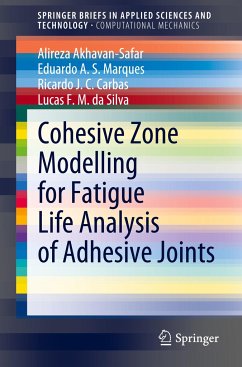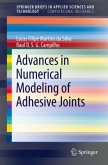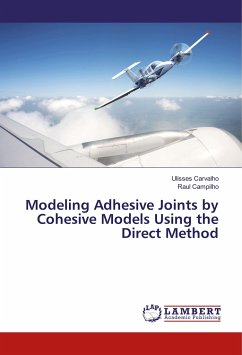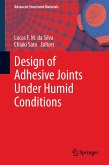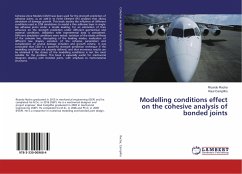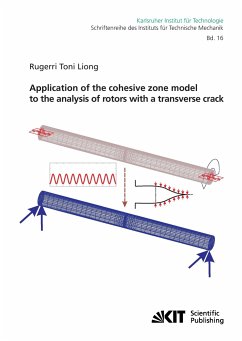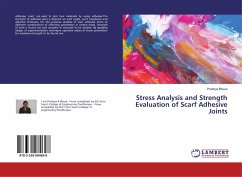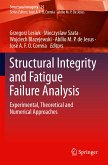This book explains the numerical method for fatigue life analysis of adhesive joints using the CZM technique. CZM is a robust approach that is widely used for failure analysis of adhesive joints exposed to various stress conditions including fatigue. In this book, various aspects of the numerical evaluation of adhesive bonds using CZM are discussed. First of all, it is explained how different load and environmental parameters influence the service life of adhesive connections. Various types of CZM shapes and their applications are then discussed. It was answered how different parameters of a CZM should be defined. It is also discussed which CZM form should be used for each condition. The book then describes how the CZM parameters should be degraded to simulate the cyclic loading behavior of bonded structures. Various CZM strategies for the fatigue life assessment of adhesive joints are discussed. The book presents various techniques that can be followed for the simulation of load cycles for both high-cycle and low-cycle fatigue regimes based on the concepts of the CZM. Details of numerical methods to be considered in the FE software for the fatigue life assessment of adhesives with CZM are also described in this book. Finally, some numerical examples using CZM are also provided.

